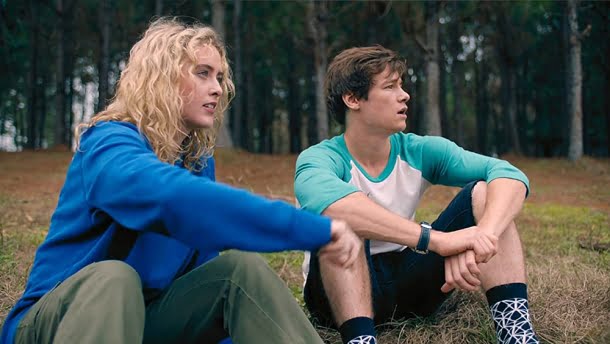The Map of Tiny Perfect Things
The growth map
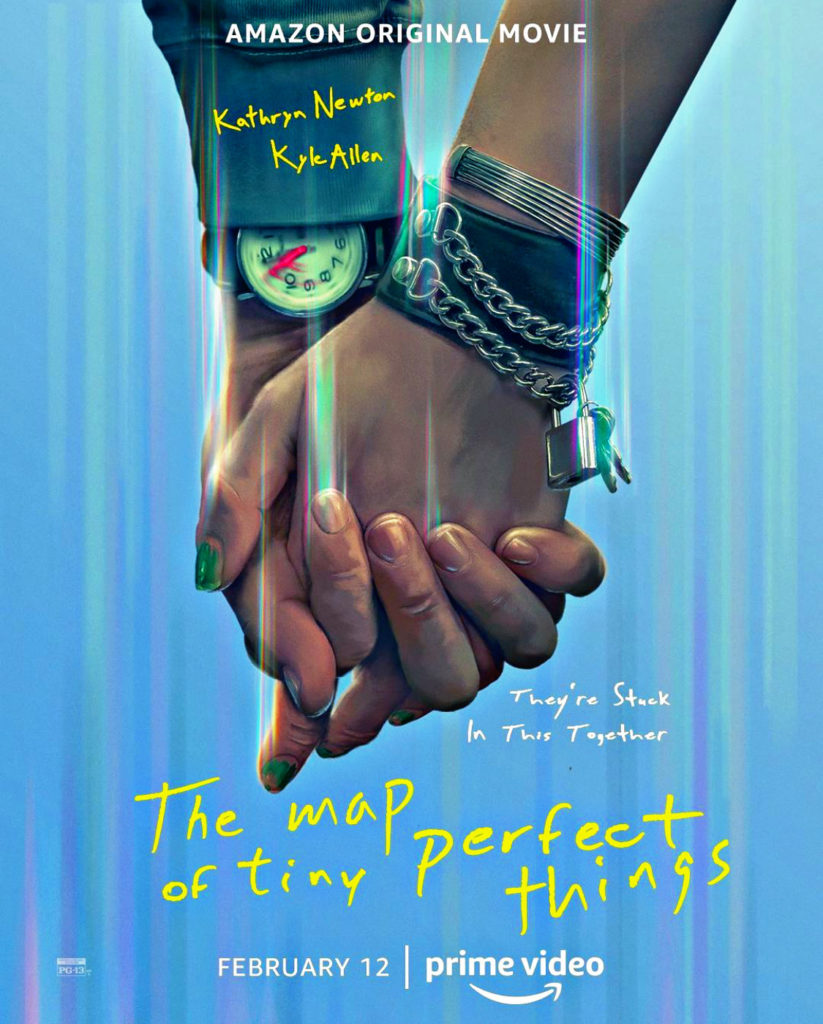
I don’t know if this is a coincidence, but in these pandemic times I have been watching a lot of time-lapse movies. It would be difficult not to realize this, because due to my condition as a retiree, my days have been practically the same for more than a year. But, some productions are able to stand out and among them I would point out “The Map of Tiny Perfect Things” (USA, 2021).
This theme of time repetition, initiated with “Groundhog Day” (USA, 1993), shows an individual who sees the same day repeating itself endlessly. The theme returned with “Edge of Tomorrow” (USA, 2014), where Tom Cruise’s character dies continuously to relive the same day. Other movies are available using this same subject to the point of becoming practically a subgenre of science fiction.
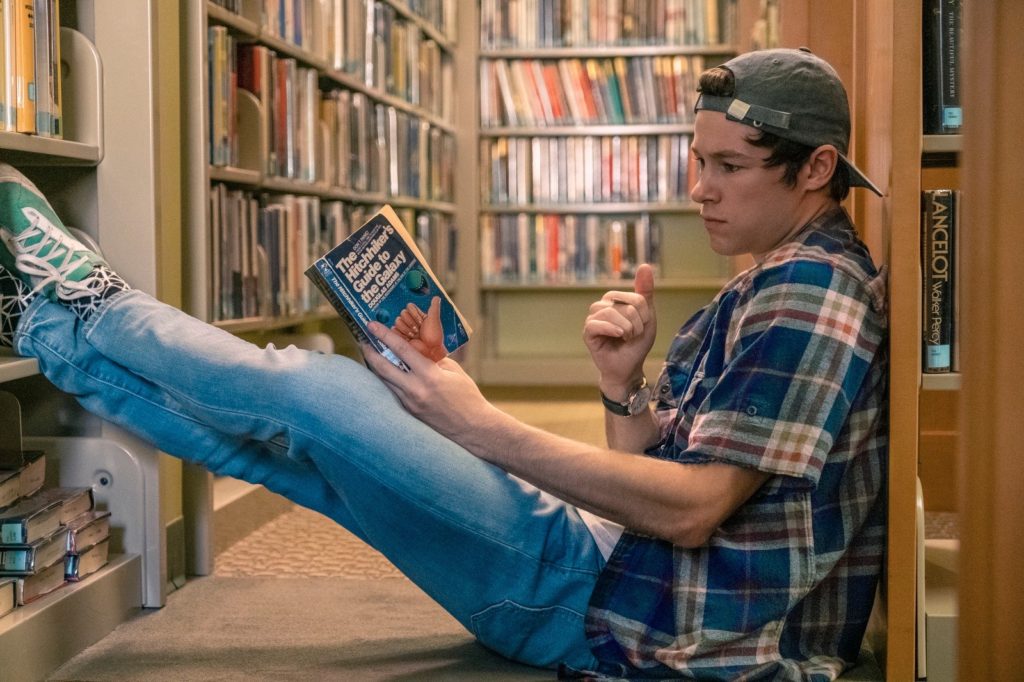
I confess that I struggled a little before watching “The Map of Tiny Perfect Things”, because it seemed to me to be just another teenage comedy. However, after passing the tolerance test of the first fifteen minutes, it was possible to notice some very interesting points in the film.
From the first minutes of the movie we become aware of the protagonist’s situation. Mark (Kyle Allen), a young high school student, wakes up with his mother’s departure for work and naturally proceeds with a routine so repeated that he has already synchronized it in his memory. This is true with her sister’s provocations, her father’s crossword puzzle and countless curious and fun situations.
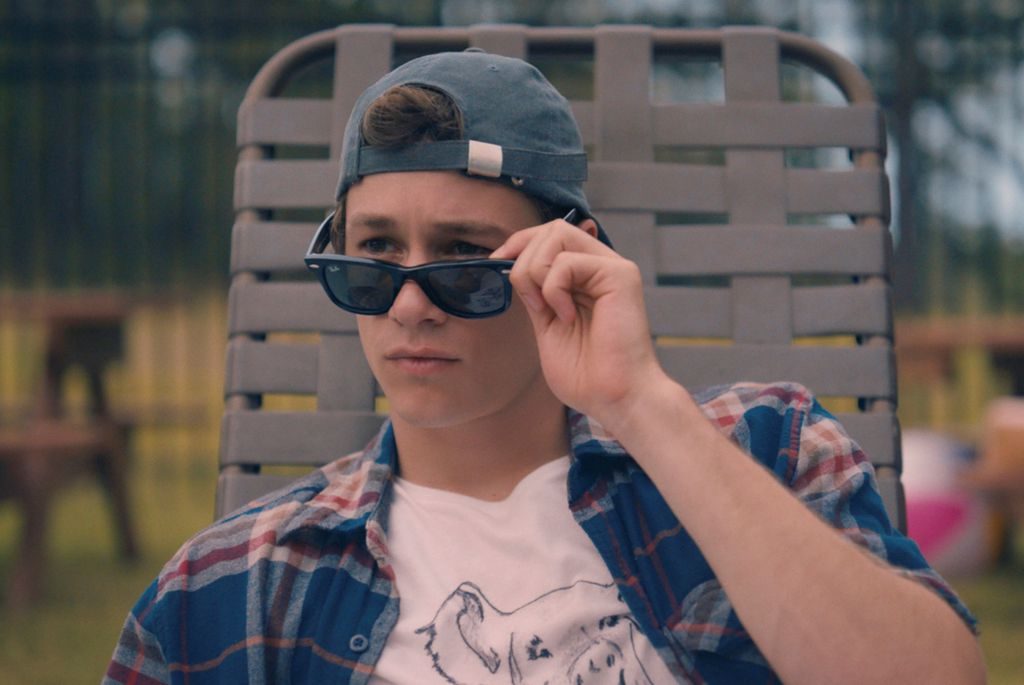
As much as Mark tries, he can’t change his boring routine. He tries to face with good humor, protecting people from the unforeseen, but everything repeats itself in the same way over and over, even conversations with his best friend, Henry (Jermaine Harris).
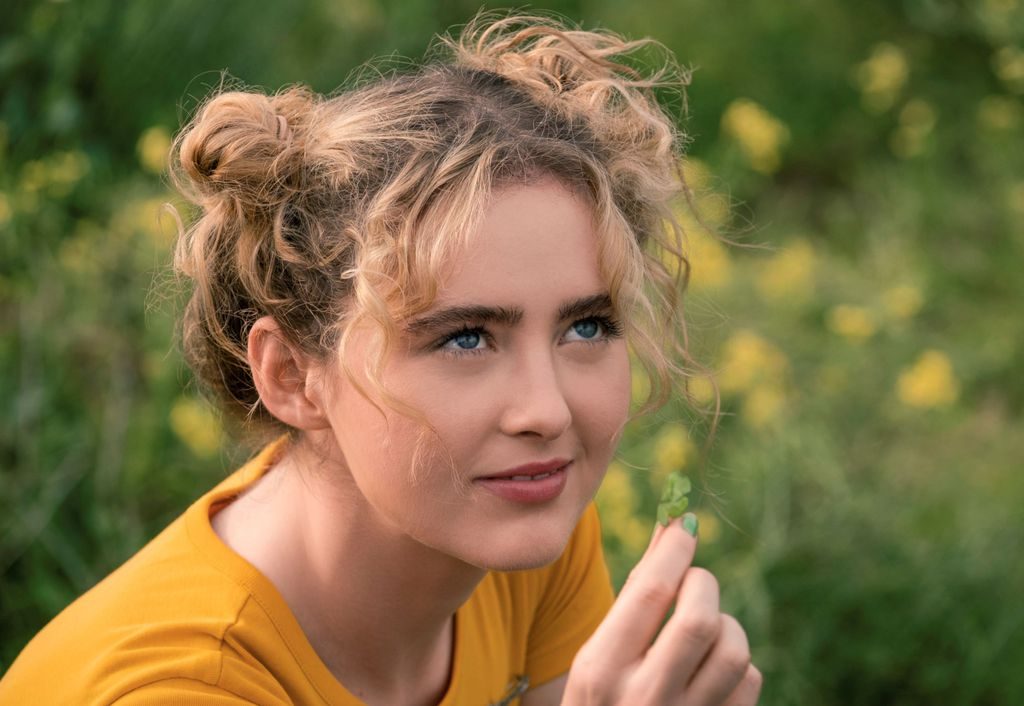
One day, however, something disturbs his unbreakable routine. A young woman, Margaret (Kathryn Newton), comes out of nowhere and it doesn’t take long for her to reveal that she was also suffering from the same time disturbance.
Together, they try to understand why they are experiencing this anomaly and at the same time find out how to get out of it and get back to their normal lives. They come out of the tedious boredom of constant repetition to discover tiny and curious events, such as the moment when an eagle catches a fish in a lake, or when an elderly woman wins a game of cards and celebrates with enthusiasm, or even an anonymous janitor plays a classic piece in a piano shop when he is alone.
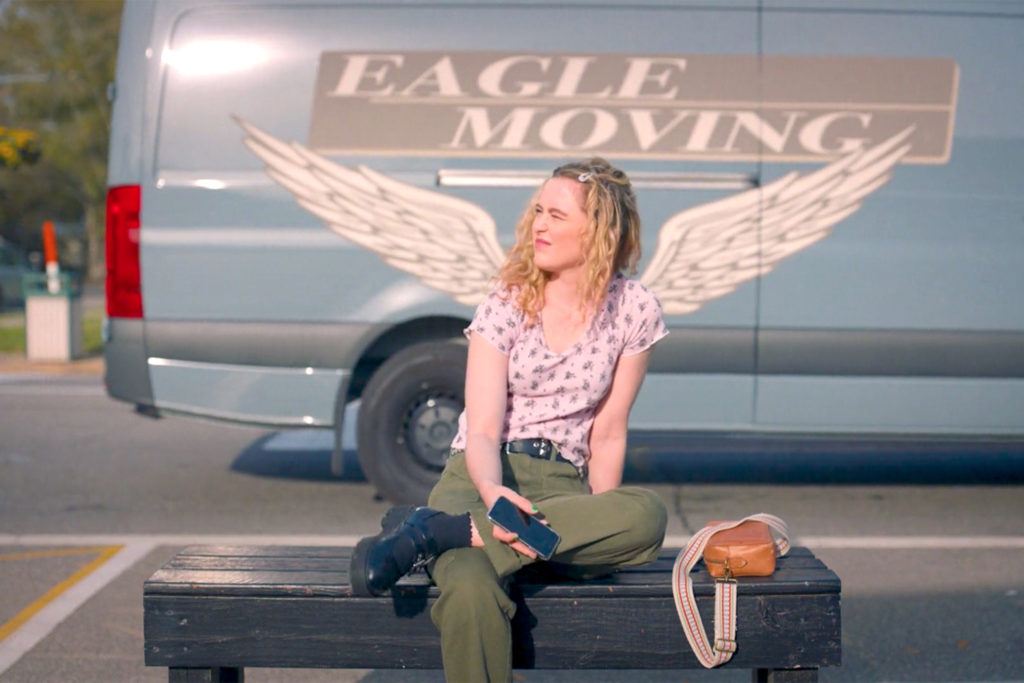
Mark wants to get rid of this repetitive cycle at all costs, but discovers that the desire is not shared by Margaret. It is only when certain important facts are revealed that each person’s motivations are put to the test. Only when they are dedicated to putting all events on a map and trying to interpret them will they be able to find the key to solving the puzzle.
Even though it is a light film, it is possible to do some interesting readings. We could interpret the situation of young guys as the routine life of someone who can no longer see the beauty of the simple things around them. Or the person who complains about his life but do not strive to change things (or himself). We could also think about the fear of a situation that immobilizes us so much that we are unable to evolve – and often the only solution is to face that fear.
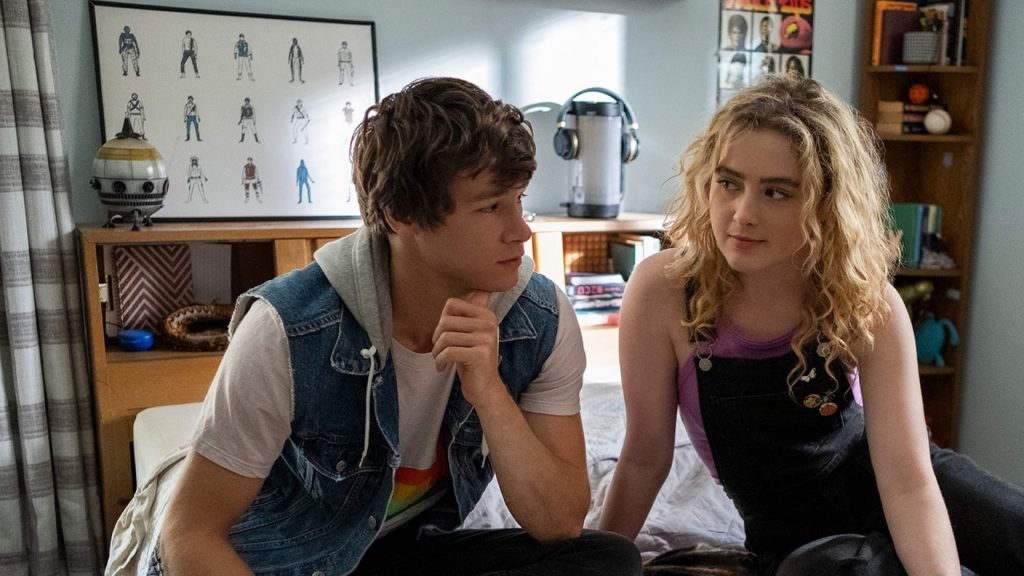
Although it is not a self-help film, it is possible to recognize some important messages here. The first is that, even though the environment with which the individual or company lives seems boring and stagnant, this relationship will depend a lot on their perception and ability to adapt. The second is that, to change this external environment, one must start internally. That is, if someone wants to change the world, he should start by tidying up his own home. And finally, problems, changes, or crises are inevitable, and the main way to resolve them is to prepare and face them with courage and determination.
“The Map of Tiny Perfect Things” is an interesting movie, with amusing situations and an undisguised romantic atmosphere, but that holds the attention for the good performances of the central couple and for the intelligence of the script. This was written by Lev Grossman, author of the book collection “The Magicians”, which generated the homonym series (USA, 2015-2020). The film and the series are available on the Amazon Prime Video streaming service.

